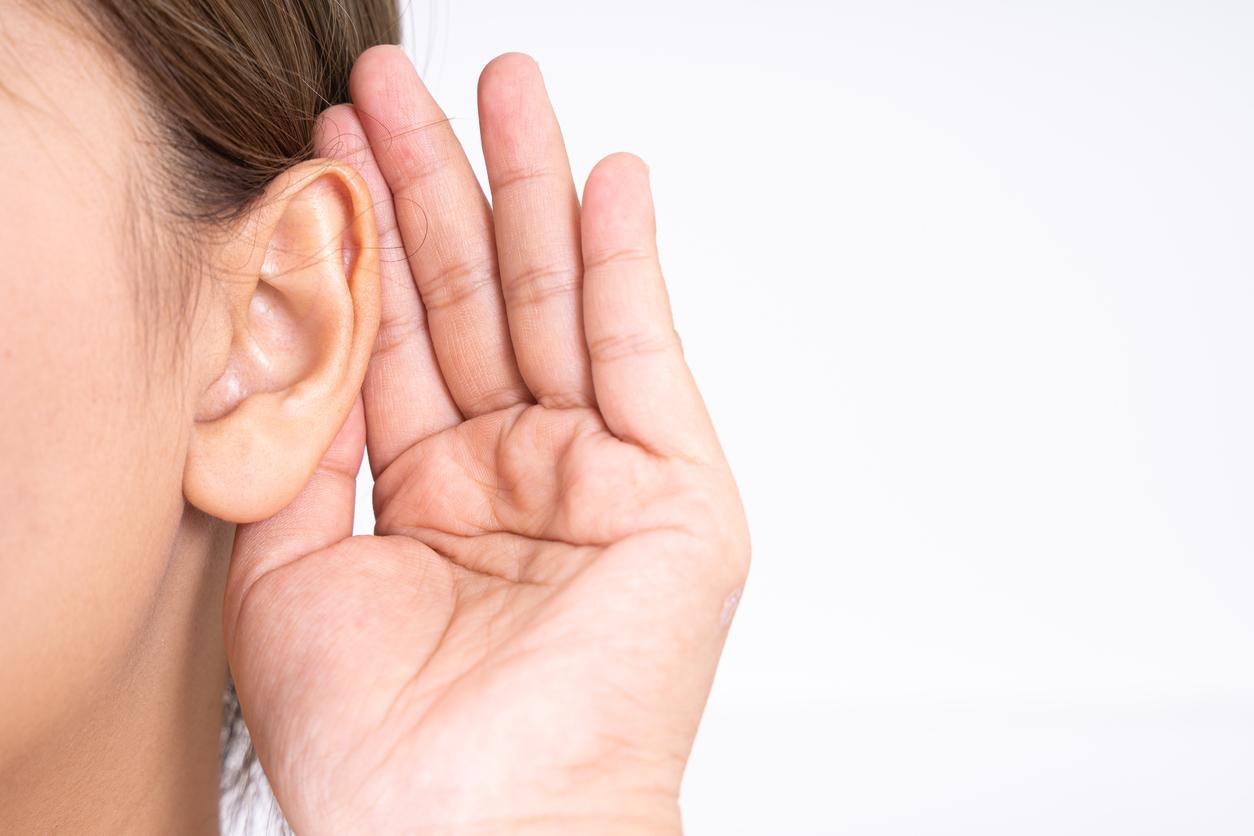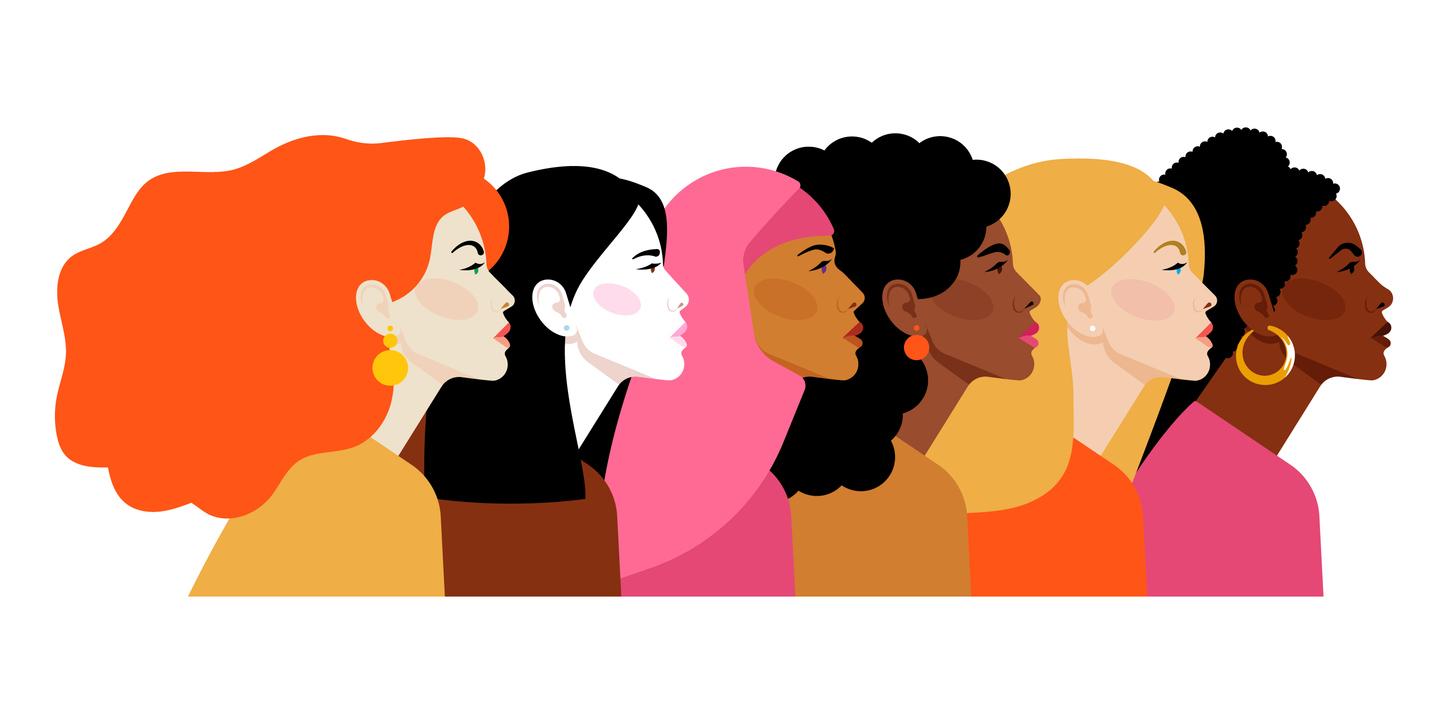Female hearing is different from male hearing. Recent studies would confirm that women have a better hearing capacity than men and that this would be preserved longer with age. What are these main differences and why?

- It is important to preserve your hearing system as much as possible: avoid very loud noises or protect yourself with devices specially designed for the ears.
- Lead a healthy, balanced lifestyle that keeps you physically and psychologically fit to limit the cognitive decline that causes hearing loss.
- Promote prevention through regular hearing checks to check the health of your ears and diagnose a hearing problem in time.
Several surveys around the world have proven that women hear better than men, such as this University of Toronto study from March 2022. For Unesco Week of Sound from January 16 to 29, 2023, the team of audioprosthetists from Amplifon, a company specializing in the distribution of hearing solutions, presented their studies on this subject during a conference. The opportunity to come back to the differences between women and men in terms of hearing.
Hearing: sex differences linked to hormones…
The female inner ear responds more to voices and with a perceived frequency of up to about 1,000 Hertz. This difference could be explained by the protective action of estrogens on the female auditory system. Women between 30 and 50 years old would be better protected than men against hearing loss thanks to the presence of these hormones in the body. But this is not the only difference between male and female when it comes to hearing and hearing loss. In fact, men can experience hearing problems from the age of 30, whereas they only appear much later in women. In other words, the male/female gap in hearing loss decreases with age. At age 80, in most cases, this gap will be very small, if not non-existent.
When the man is faced with hearing loss, we often notice that he has difficulty understanding consonants. The reason ? Hearing loss in humans affects the higher frequencies first. In women, it’s the opposite: she has more difficulty understanding vowels because the lower frequencies are lost first.
…and exposure to noise, especially at work
Hearing loss, that is, decrease in hearing abilities related to age and cognitive decline, affects men more than women, according to several studies. One of the possible causes of this difference is noise exposure. From an early age, boys are more often exposed to noise than girls. When they grow up, it also shows up in their work and hobbies.
Research carried out by Amplifon has in fact shown that men are more exposed than women to noises that are harmful to their hearing health, in particular for professional reasons: they are much more likely than women to work in the construction sector. or industry. And it is also in these sectors that exposure to noise is highest. This aspect plays a central role in the development of neurodegenerative hearing loss.
In addition to this, several studies have shown that men are more prone to developing health problems such as hypertension and cardiovascular diseases that impair the quality of hearing. Finally, as already mentioned, female estrogens have the ability to protect the auditory system until menopause, thus slowing down the effects of aging on it.
Men find it harder to accept and deal with hearing loss
The way in which the individual reacts to this hearing loss is a final difference, but not the least. Men often find it more difficult to accept hearing loss and will therefore take longer to find an appropriate solution. Women will talk more quickly about their hearing problem and inform those around them so that they can find an appropriate communication solution.
However, it is important to recognize and accept your hearing loss as soon as possible in order to take the necessary measures. Untreated hearing loss can have serious consequences such as depression, loneliness, feelings of exclusion and social isolation.















